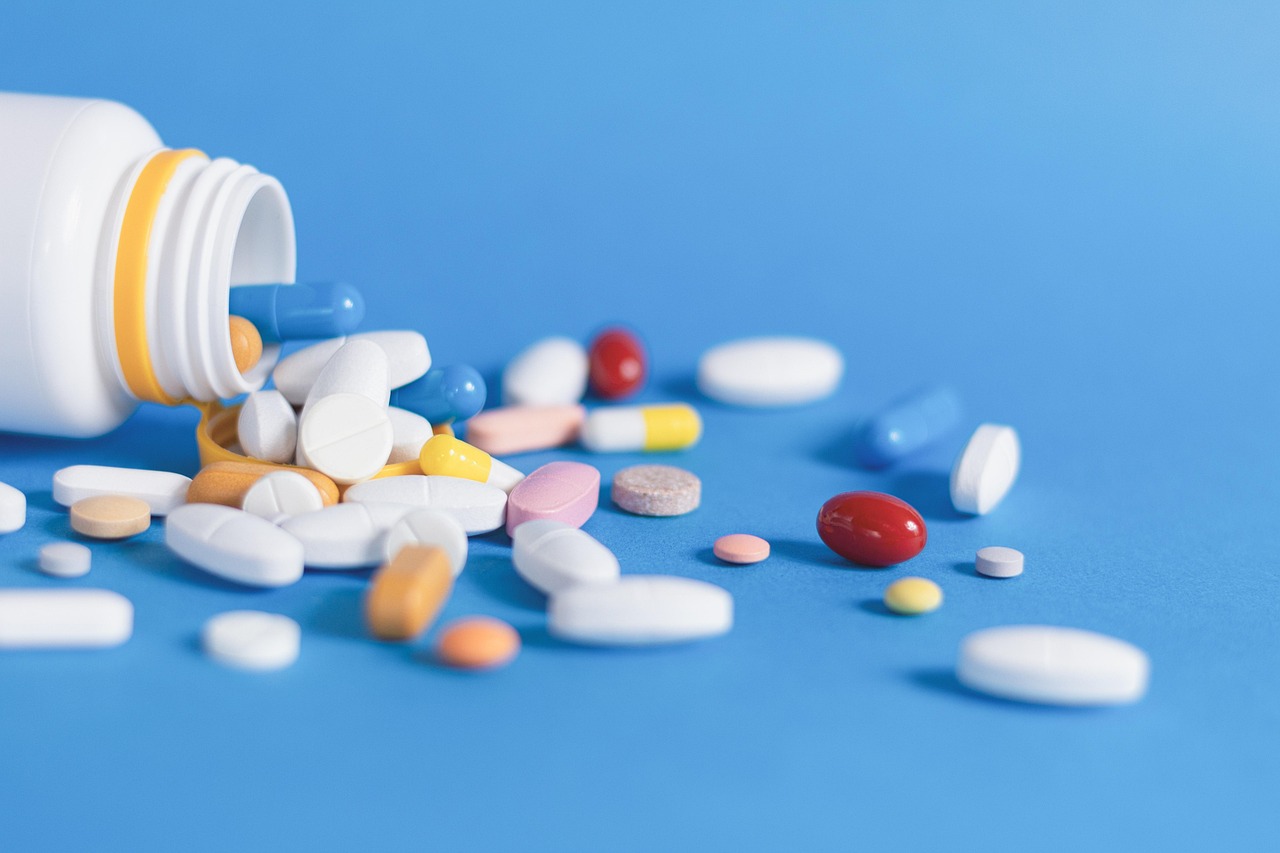
International Day Against Drug Abuse and Illicit Trafficking 2026

International Day Against Drug Abuse and Illicit Trafficking 2026
The International Day Against Drug Abuse and Illicit Trafficking is observed each year on June 26. Proclaimed by the United Nations General Assembly through resolution 42/112, this day calls attention to the global impact of drug abuse and trafficking. It urges governments, institutions, and civil society to take coordinated action to prevent drug-related harm and address the challenges associated with organized crime and public health.
The Role of Prevention in Combating Drug Abuse
Efforts to prevent drug abuse are central to building healthier, safer communities. Through education, treatment, and access to support services, prevention helps break cycles of dependency and reduce the influence of drug trafficking networks.
Effective prevention strengthens public institutions, promotes social inclusion, and improves outcomes for individuals and families. It ensures that vulnerable populations—especially youth and those in underserved areas—receive the resources they need to avoid exploitation and harm.
Despite global progress, drug abuse continues to cause widespread suffering. Organized crime networks profit from trafficking and exploitation, while individuals affected by substance use disorders often face stigma, exclusion, and a lack of treatment options.
Key facts as of 2026 include:
Over 36 million people suffer from untreated drug use disorders worldwide
Only one in five people with drug-related conditions has access to adequate care
Organized criminal groups continue to expand drug markets and cross-border trafficking operations
Stigma and fear of legal punishment deter many individuals from seeking help
Health and justice systems remain under pressure in many countries
History of the International Day Against Drug Abuse and Illicit Trafficking
In December 1987, the United Nations General Assembly adopted resolution 42/112, establishing June 26 as the International Day Against Drug Abuse and Illicit Trafficking. The resolution encourages UN Member States, civil society, educational institutions, and international agencies to commemorate the day through public education, outreach, and awareness campaigns.
The observance promotes global solidarity in tackling the social, economic, and health consequences of drug abuse and trafficking. It also emphasizes the importance of addressing these issues with compassion, evidence-based strategies, and cross-sector collaboration.
International Day Against Drug Abuse and the Sustainable Development Goals
The International Day Against Drug Abuse and Illicit Trafficking contributes directly to the advancement of the 2030 Agenda for Sustainable Development by promoting prevention, health equity, justice reform, and community resilience.
Key SDG connections include:
Goal 3 Good Health and Well-being
Supports access to quality treatment and harm reduction services while promoting mental health and substance use prevention.
Goal 4 Quality Education
Encourages school-based prevention programs and awareness campaigns that empower youth with knowledge and skills.
Goal 10 Reduced Inequalities
Addresses disparities in access to healthcare, social support, and legal protection for marginalized groups affected by drug use.
Goal 16 Peace Justice and Strong Institutions
Calls for transparent and accountable systems that respond fairly to drug-related challenges and support rehabilitation.
Goal 17 Partnerships for the Goals
Strengthens collaboration across governments, NGOs, health providers, and justice sectors to implement integrated responses.
Observance of International Day Against Drug Abuse and Illicit Trafficking 2026
While the 2026 campaign is expected to highlight cross-sector cooperation and the need for long-term investment in prevention, the broader focus remains on breaking the cycles that fuel drug abuse and organized crime. Global observance events aim to elevate public understanding, promote empathy, and share successful models of support and intervention.
Anticipated observance activities include:
UN Headquarters Event: A high-level gathering in New York featuring public health leaders, policymakers, and civil society partners
Public Awareness Campaigns: Educational materials, statistics, and personal stories distributed through digital platforms and broadcast media
Community Forums: Local conversations hosted by schools, clinics, and advocacy groups exploring prevention, treatment, and recovery
Prevention and Outreach Initiatives: Programs delivered in schools and community centers to equip individuals with knowledge and tools
How You Can Support the Day
Everyone has a role in helping prevent drug abuse and supporting fair and effective responses. You can contribute by:
Participating in community events that promote prevention and recovery
Sharing evidence-based resources that reduce stigma and increase understanding
Supporting policies that expand access to health services and rehabilitation
Collaborating with local organizations that provide outreach and education
As the world marks the International Day Against Drug Abuse and Illicit Trafficking 2026, the message is clear. By investing in prevention, strengthening institutions, and promoting compassion over punishment, we move toward a healthier, safer, and more just global society.
International Day Against Drug Abuse and Illicit Trafficking Themes
| Year | Theme | Description |
|---|---|---|
| 2019 | Health for Justice. Justice for Health. | Highlighted the interconnectedness of health and justice institutions in addressing drug issues, promoting integrated and inclusive responses based on human rights and public health. |
| 2020 | Better Knowledge for Better Care | Focused on enhancing understanding of the drug problem to improve international cooperation and develop effective health and security responses. |
| 2021 | Share Facts on Drugs. Save Lives. | Promoted the use of accurate, evidence-based information to combat misinformation, empower communities, and guide decisions on prevention and treatment. |
| 2022 | Addressing Drug Challenges in Health and Humanitarian Crises | Aimed at responding to drug-related risks during humanitarian and health emergencies, with a focus on protecting vulnerable populations during crises like the COVID-19 pandemic. |
| 2023 | People First: Stop Stigma and Discrimination, Strengthen Prevention | Called for compassionate drug policies rooted in health and human rights, reducing stigma and expanding access to treatment and prevention services. |
| 2024 | The Evidence is Clear: Invest in Prevention | Emphasized the importance of science-based drug policies and long-term investment in prevention, especially for youth and community-level initiatives. |
| 2025 | Breaking the Chains: Prevention, Treatment, and Recovery for All! | Highlighted the need for global cooperation, access to treatment, and alternatives to punishment, focusing on compassion, inclusion, and mental health in tackling drug challenges. |
